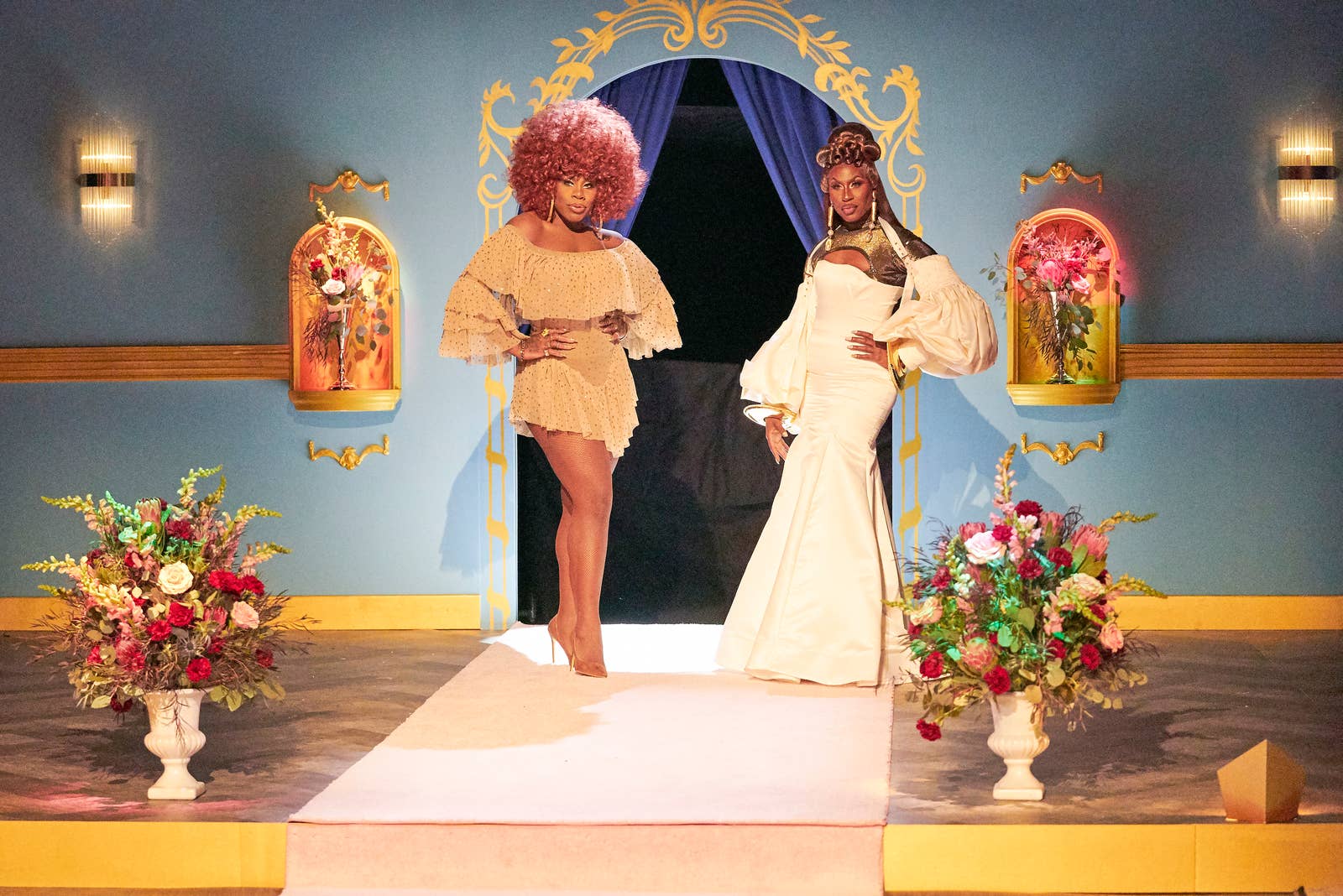
RuPaul's Drag Race has introduced many talented performers to the world over these last 15 years — Shea Couleé and Monét X Change are two of them. The pair first strutted onto our screens in Seasons 9 and 10, respectively, where both finished in the Top 7. After being invited back for the competition's spinoff series, Shea was crowned the winner of RuPaul's Drag Race All Stars Season 5, while Monét cinched the victory on All Stars Season 4.
Years on, Shea and Monét are still holding our attention, whether that's on Monét's hilarious Sibling Rivalry podcast, Shea's exciting upcoming role in Marvel's Ironheart, or their forthcoming Love Ball tour, where they'll be joined by fellow performers and Drag Race contestants Tayce, Lala Ri, and Luxx Noir London.
In a new interview, we talked to Shea and Monét about their careers in TV and music, Beyoncé's influence on their work, and of course, "mother" RuPaul. Read on for more.
Note: This interview has been edited for length and clarity.
BuzzFeed: You two are gearing up Shea's Love Ball, a show created to celebrate Black queer joy and love. Can you share how it will be different from a traditional drag show?
Shea Couleé: One thing that makes the Love Ball special is this cast. They're all really incredible Black drag entertainers who make music that has intent behind it. When you listen to the music of Monét X Change, Lala Ri, Luxx Noir London, Tayce, and myself, there is an intent behind it that goes beyond trying to rely on any type of drag tropes. It's not just for the sake of laughs or parody.
Monét X Change: Shea is producing and creating this amazing experience that is a celebration of our music. We don't often get the chance to do that. This is, from what I know, the first concert of its kind. We can get on stage and not have to participate in something that we don't want to just to get a little piece of the pie. The entire concert, the entire showcase is of our talent, heart, and music.
I read the Love Ball was partly inspired by Beyoncé's Renaissance album and her collaborative On The Run II tours, too.
Shea: Yeah, I feel like anybody who participated in the Renaissance tour knows how life-changing and inspiring those shows were. And then especially going to see the film and to see an artist like Beyoncé, who is just so in charge of their work and takes real ownership and pride in their work, it was just super inspiring [for the Love Ball tour].
"I'm grateful for all of the missteps and the mistakes that I've made because those things truly [taught me how to] stand up proud, 10 toes down, and be like, 'Okay, I'm that girl.'"
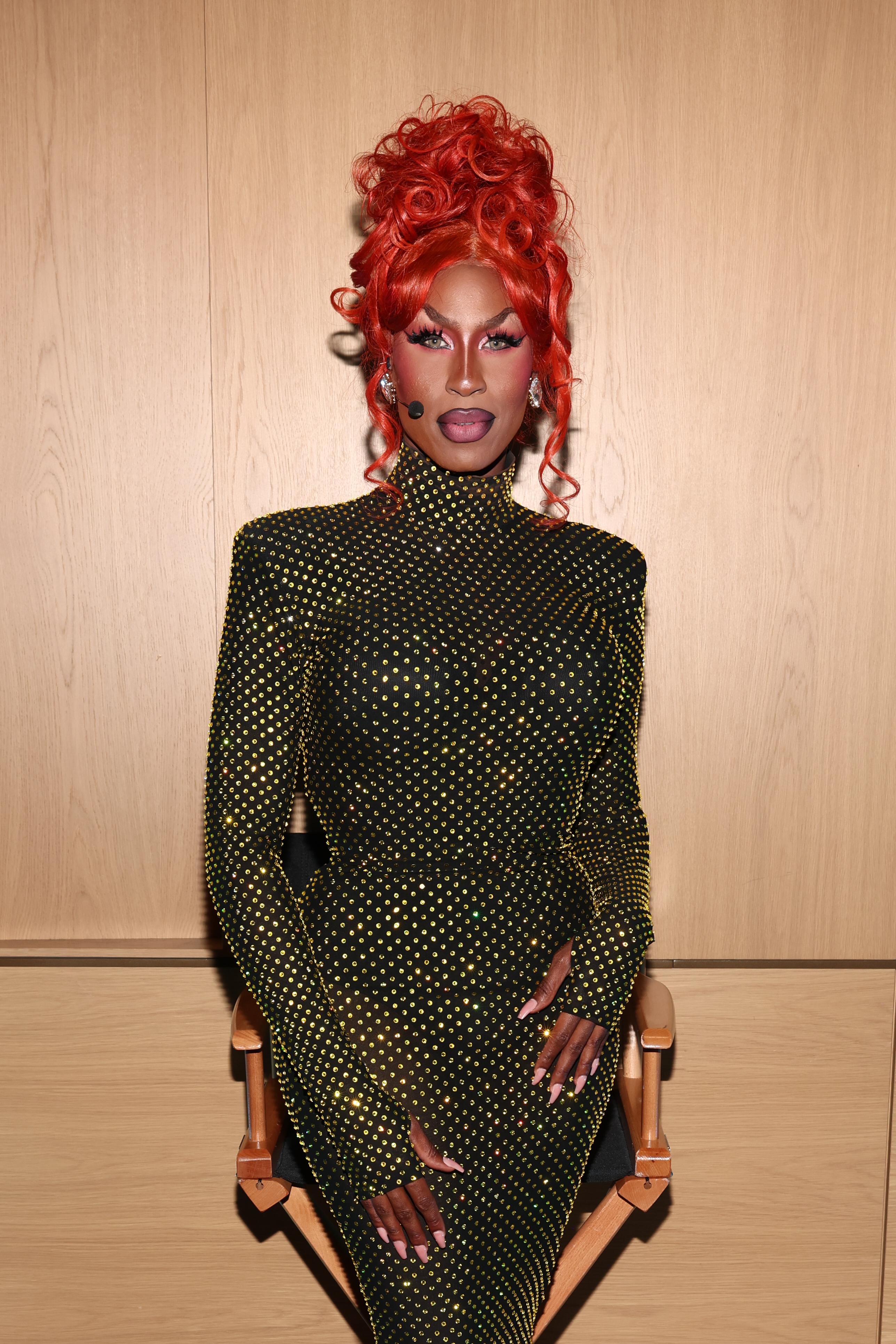
How are you feeling about the opportunities you've been able to create for yourselves since winning your seasons of Drag Race?
Shea: Grateful. The recent [Hollywood] strikes show that nothing is really guaranteed. Fame and celebrity culture is fleeting. So to be able to participate in shows and productions but also create work that has longevity just makes me incredibly grateful. I do not take it for granted, at all.
If there's one thing I would tell people, it's to not be afraid to work. The people that I see that are the most successful in their fields are the ones who are willing to put in the work to get it done. Everybody that I see and all the girls that I respect, including everybody that's in the Love Ball, work hard.
Monét: The same for me. I feel incredibly blessed because I know that not everyone gets to work as much, do so many things, and have so many vehicles to express themselves. I'm just incredibly grateful that I'm [having] these experiences and getting to do what I want to do because of the hard work.
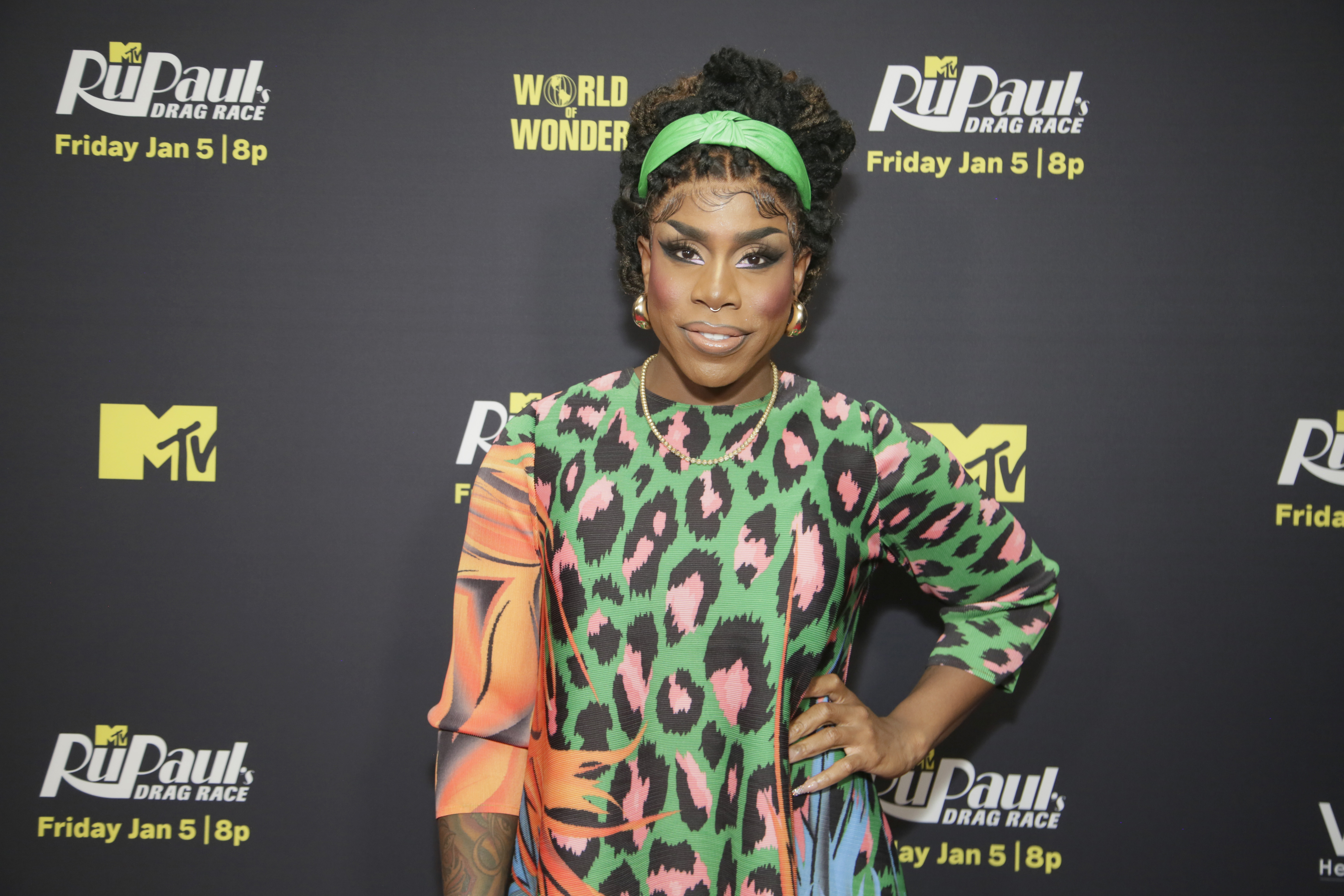
What lessons did you take away from working with RuPaul on Drag Race?
Shea: One is that it pays to be nice to people. RuPaul is mother. She commands the set of Drag Race. She remembers the crew's names and comes in with a good attitude [while] working her ass off. Mama Ru be working, okay! Working and still showing up. You can tell that because RuPaul is grounded and grateful for the empire that they've created, she can come in and operate from a place of kindness and joy, and it helps to create a really fun work environment. Drag Race is a stressful-ass show to make. But RuPaul and her energy make it a little bit less stressful.
RuPaul has [shared] nuggets of knowledge that have stuck with me over the years. Remaining grateful, being nice, and working hard is definitely something I learned from that show and not to take anything too seriously, because time is fleeting.
Monét: The show really taught me to not be afraid to make mistakes. I have made so many mistakes on TV for millions of people to watch. Some of it is embarrassing. Some of it I wish I didn't do. But I think it's all part of the development of who I am now. Had I not messed up on that challenge or sung the wrong note in that first talent show, maybe I would not have arrived at this other place. So I'm grateful for all of the missteps and the mistakes that I've made because those things truly [taught me how to] stand up proud, 10 toes down, and be like, "Okay, I'm that girl.
Shea: That's incredible advice. That really resonated with me because I'm somebody who, on the show, is always terrified to make mistakes. Sometimes, I think that actually caused me to hold back from really exploring my full potential because I was so afraid of making a mistake or looking bad, but those moments can really be defining and help you learn the appropriate lessons of what it is that you can do.
"Know your worth and don't be afraid to take up space. Don't shrink for anybody else."
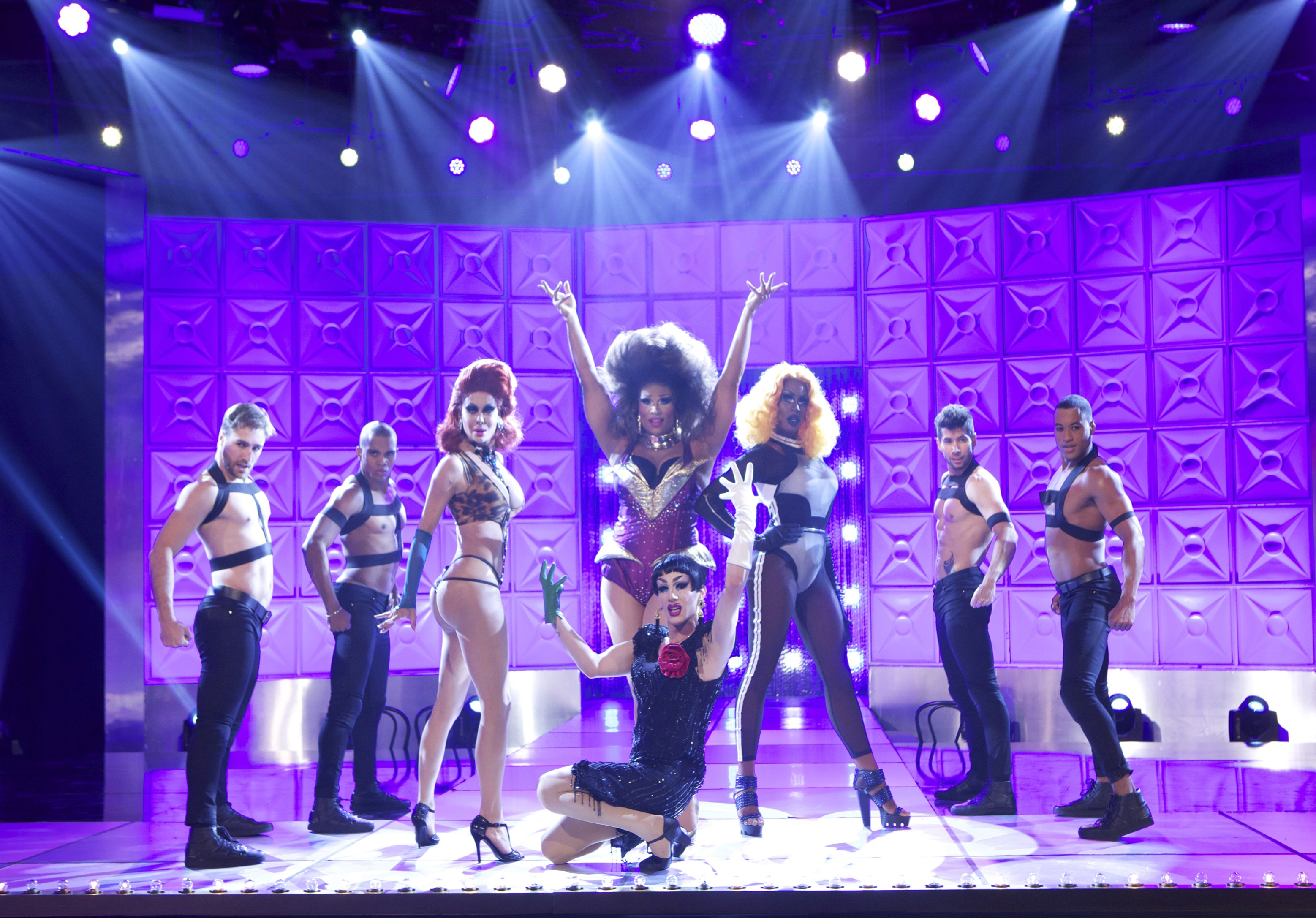
Who was your first Black queer fashion icon?
Shea: Miss J. Alexander from America's Next Top Model.
Monét: [Choreographer and dancer] Jonté [Moaning]. Their fashion was always poppin', always, and always dope.
Shea: Also, let's just throw Grace Jones in there for good measure. I mean, yes, she has had heterosexual relationships, but I mean, I know that she gets down with the queer kids. We gotta throw Ms. Grace Jones up in there.
"I know for a fact we're making some bomb-ass music."
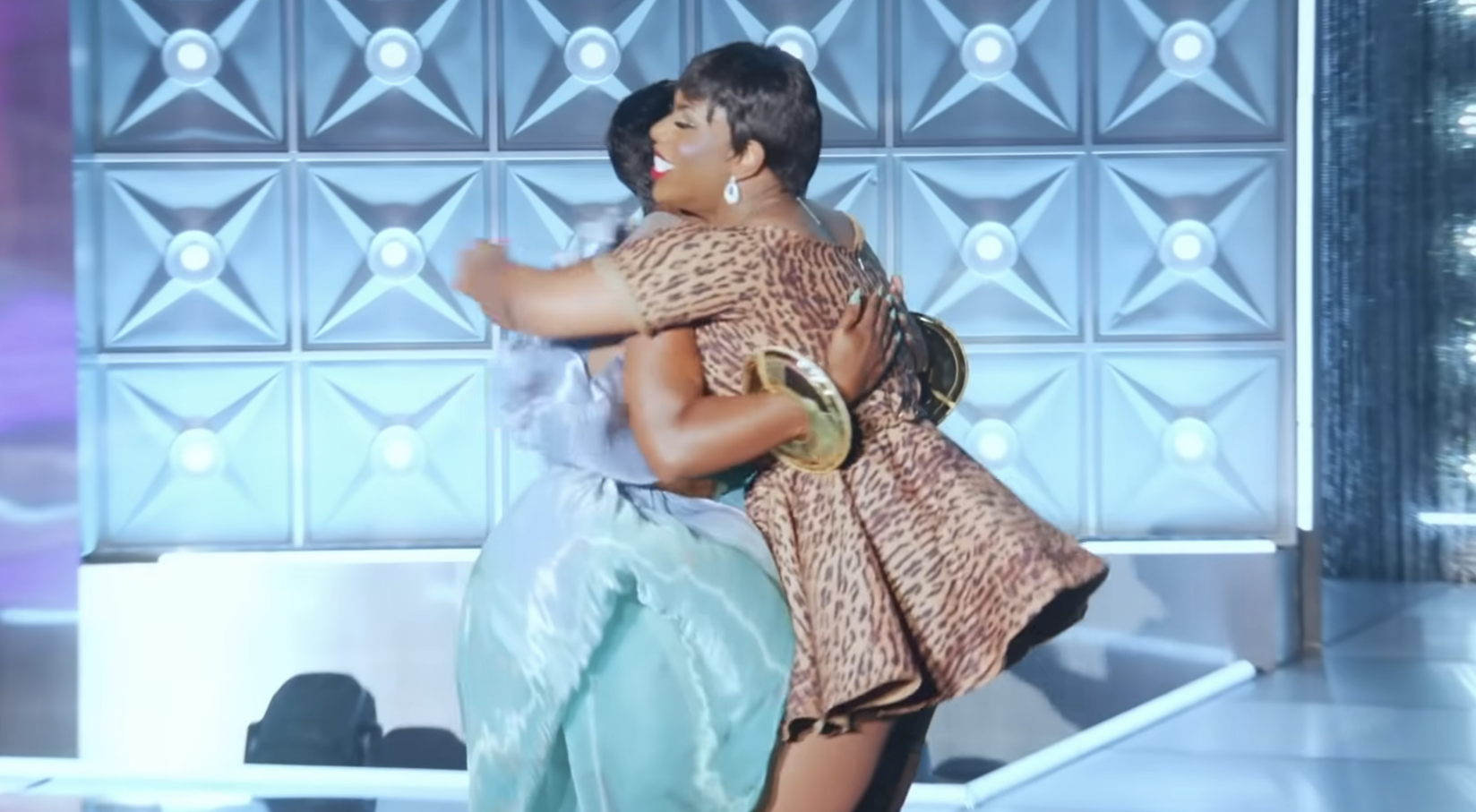
What advice would you share for younger Black queer people?
Shea: Know your worth and don't be afraid to take up space. Don't shrink for anybody else.
Monét: As soon as you realize the ridiculous-ity of the church, the better. Once you do, you truly will be free to live your life and express yourself how you want to.
Although we've made some progress in society, where do you still feel we're seeing a lack of representation?
Monét: I wish there was more Black queer representation at the Grammys because I know for a fact we're making some bomb-ass music. Even if that means adding categories that are not gender specific. Why are we not doing a nonbinary category? We can add these things so that everyone feels adequately represented at the Grammys.
Shea: What I'm learning is that you really got to go out there and create opportunities for yourself and have full competence and ownership over your vision. Not everyone will be able to understand that, but you know what your contributions can be, you know your own potential. You owe it to yourself to go out there. Be the change that you wish to see.
"The ones who have the ability and the privilege to help push us forward don't really put in the work that's necessary to help us do that."
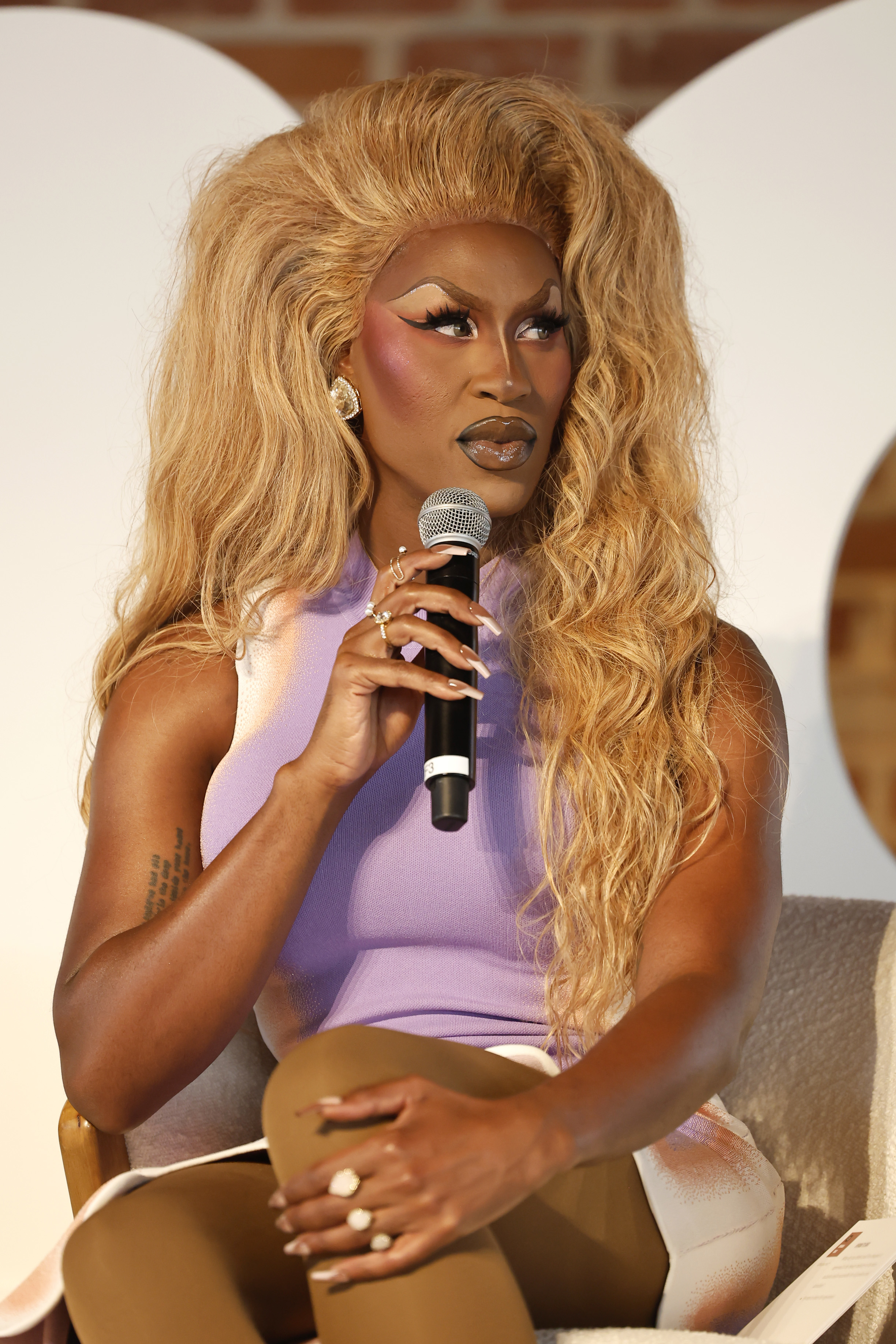
How much progress do you think has been made for Black queer people in general?
Shea: We're still inching along. There are people in this industry who benefit from our artistry, our point of view, and our stories, and don't take the time to step aside and give space and agency to those people that they borrowed these elements from and allow them to have a seat at the table. The ones who have the ability and the privilege to help push us forward, don't really put in the work that's necessary to help us do that, and that [slows the advancement of] Black queer people.
Monét: While change has been incremental, it is very minimal. I think that the more that [society] sees us as this shiny thing to use when it's necessary and to make a statement or to punch up a thing, as opposed to just allowing our beautiful voices and our art to have a seat at the table like everyone else, it will always be minimal. We're often tokenized and used as a novelty to create the facade of inclusion. When we stop doing that, I think change will be more impactful.
"I'm just so glad that I chose authenticity and truth."
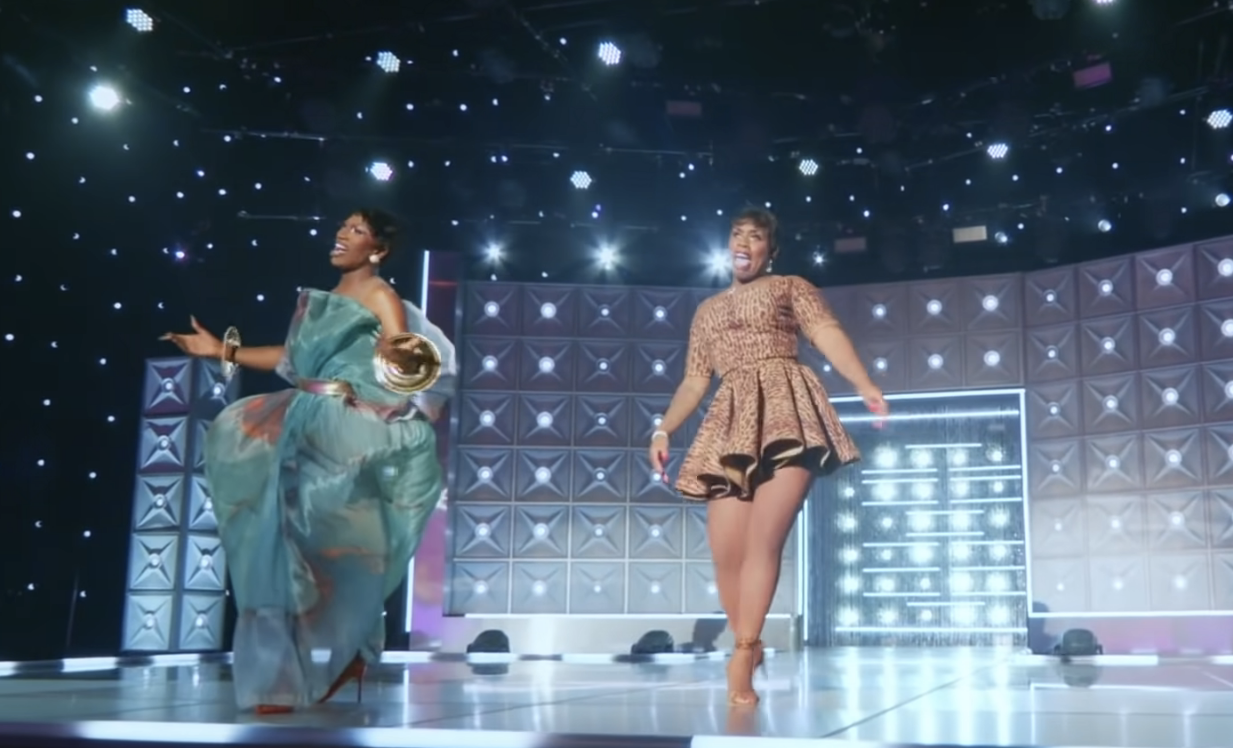
At this point in your careers, what's been your proudest moment being Black and queer?
Monét: My proudest moments have been anytime I've gone to a high-profile event and spotted another Black queer person. When you see a queer person like Cynthia Erivo or Colman Domingo somewhere, there's just like this immediate [sense of] family, love, [and pride]. Even though you met them once, or maybe not at all, you just feel this connection that breeds comfortability and brother or sisterhood. That electric, tangible thing that happens when you meet these people in real life — I love that. I can't explain what it is. But it just happens every time I meet another queer Black famous person.
Shea: Every day that I get to wake up and look at myself in the mirror and know that I'm living my most authentic life is my proudest moment of being Black and queer. I knew that it would be really scary to come out. It was for me as someone who grew up in church. I reached a fork in the road where I thought, Okay, I can live a safe life or I can live an authentic one. I'm just so glad that I chose authenticity and truth.
Thanks for chatting with us, Shea and Monét. Be sure to check out the Love Ball, kicking off on Feb. 22. You can find tickets here.
Read more interviews from our Black History Month initiative, Black, Out & Proud, here.



